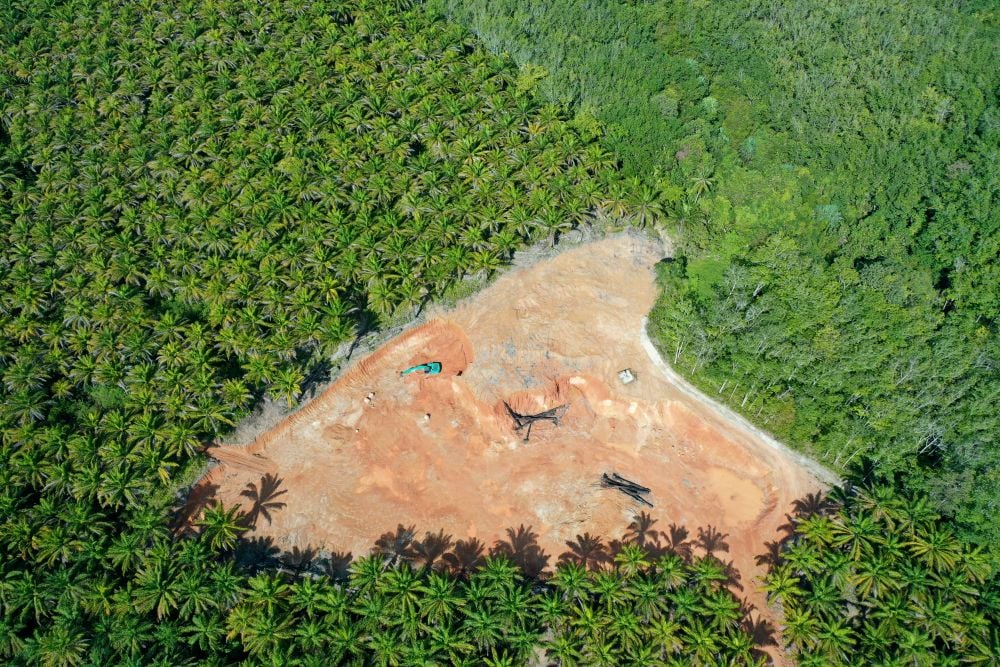Covid-19 has highlighted the importance of environmental, social and governance (ESG) issues, with a growing number of institutional investors increasing their sustainability-linked investments in response to the global pandemic.
According to index provider MSCI’s latest Global Institutional Investor Survey, 79% of investors in Asia-Pacific (77% globally) increased ESG investments “significantly” or “moderately” in response to Covid-19, with the figure rising to 90% for the largest institutions, or those with over US$200 billion of assets.
Meanwhile, 57% of investors in the region expect to have “completely” or “to a large extent” incorporated ESG issues into their investment analysis and decision-making processes by the end of 2021.
The survey covered 200 sovereign wealth funds, insurers, endowments/foundations and pension funds with combined assets under management of US$18 trillion. About 70 of the institutions were from Asia-Pacific.
“The combination of climate-related events, such as devastating wildfires, floods and droughts, and a global pandemic have accelerated the paradigm shift on ESG and climate change. Once an issue for ‘green funds’ and side-pockets, ESG and climate are now firmly established as high-priority issues,” says Baer Pettit, MSCI president and chief operating officer. “2020 marks a profound shift in the way institutions invest as many investors have recognized that companies with strong governance, environmental and social practices have outperformed during the pandemic.”
Top investment trends
When exploring future ESG investments, investors said they are putting greater emphasis on the “S” in ESG, with over a third (36%) wanting “social” to comprise a larger proportion of the mix in 2021. This increases to 45% in Japan, where there is a strong government focus on gender diversity.
The survey finds that ESG and climate change are being firmly established as top priorities for funds in the region, with climate risk deemed among the top three most impactful trends on the way respondents will invest over the next three to five years.
Although the report reveals global differences, for many investors ESG challenges are a top concern.
Almost a third (31%) of institutional investors with over US$200 billion of assets said climate risk will have the greatest impact on the way they invest over the next three to five years. This was followed by disruptive technologies, such as artificial intelligence for a fifth (19%) of investors, while 14% believe the increasing sophistication of ESG measurement will have the greatest impact.
Meanwhile, smaller investors, or those with less than US$25 billion of assets, said increasing regulations and market volatility are the major trends that will impact their investments over the next three to five years.
Climate data
Due to the range of global challenges institutions are facing, the report finds that institutions believe the diversity of risk sources is more relevant than asset allocation in achieving investment excellence.
With climate change cited as one of the major challenges, APAC countries are among those leading the way on consideration of climate change metrics, with 56% of New Zealand investors and 50% of APAC ex-Australia, New Zealand and Japan investors factoring such data compared with 42% globally. Japan falls in line with the global average at 42%, but Australia lags with only 24% of investors analyzing such metrics.
Globally, larger investors are increasing their focus on accessing and monitoring the latest climate data. Smaller institutions, however, are still at an early stage of incorporating climate data in their investment strategies. Some 50% of investors with more than US$200 billion of assets said they are regularly using climate data to manage risk, compared with just 16% of those with less than US$25 billion. Investors with more than US$200 billion of assets are also four times as likely to regularly use climate data to identify investment opportunities than those with less than US$25 billion.
Pettit says: “Institutional investors face many challenges over the next five years, which is magnified by the fact that these challenges are interconnected. These interconnections add complexity and demand urgency. The reality is, climate change links to a rapidly shifting social context that in turn drives changes to investor demands, all within a very dynamic regulatory environment. These trends are amplified by technology innovation, adding significant cost and time pressure. Quite simply, investing has never been a more complex ecosystem.”









